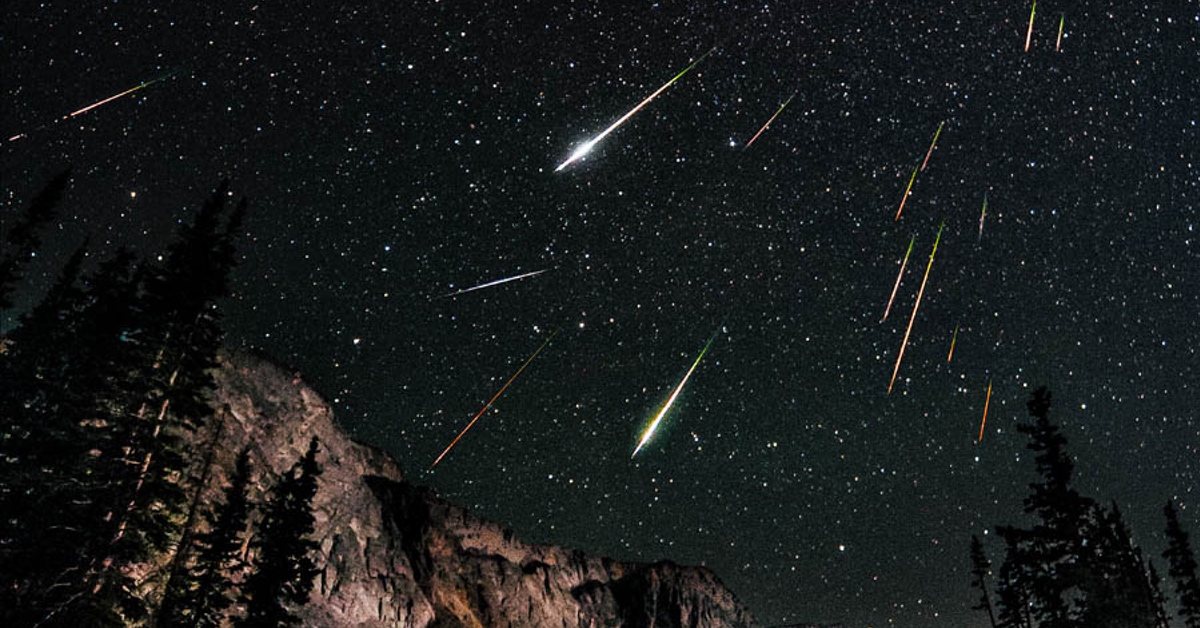/https://www.thestar.com/content/dam/thestar/vancouver/2018/08/30/federal-court-of-appeal-calls-trans-mountain-approval-unjustified-failure-in-major-win-for-first-nations-environmentalists/kindermorgan_3_3_.jpg)
Kinder Morgan protestors
Sacred Trust definition:
worthy of or regarded with reverence, awe, or respect.
I have been forthright in expressing my disgust with the federal government for spending 4.5 billion dollars of taxpayers money to purchase an aging oil pipeline in British Columbia. The weird logic is that this will facilitate the construction of another, twinned pipeline to carry diluted bitumen to the BC coast, a project which will cost at least as much again.
Between the foolhardiness of this purchase and the disregard for Native rights in approving the Kinder Morgan pipeline the Liberals have likely lost my vote.
Now three Federal Court of Appeal judges unanimously ruled Ottawa’s attempts to consult First Nations were flawed and called ignoring oil tanker risks an “unjustified failure.” This decision is likely not the last word, but it has thrown the project into disarray and drawn the ire of the Alberta government.

One of the Aboriginal groups opposed to the pipeline construction is called Sacred Trust. Back in May the group issued this statement:
Regardless of who owns this proposed pipeline and tanker
project, our Federal Court of Appeal case remains the same. In the near
future, we believe the court will uphold our challenge that
consultation was inadequate and the project review failed to address the
adverse effects of marine shipping.
In the meantime, we will continue to uphold our sacred
responsibility to steward our territory for the benefit of future
generations. Our wish is to work with all levels of government as well
as all Canadians to that end.
What a mess this has become for the feds and Prime Minister Trudeau. It's unfortunate that instead of issuing strong-arm statements the government could have continued the dialogue with First Nations and other stakeholders.
Sacred Trust. Sacred responsibility. All Canadians can wake up to this reality.
Sacred Trust. Sacred responsibility. All Canadians can wake up to this reality.

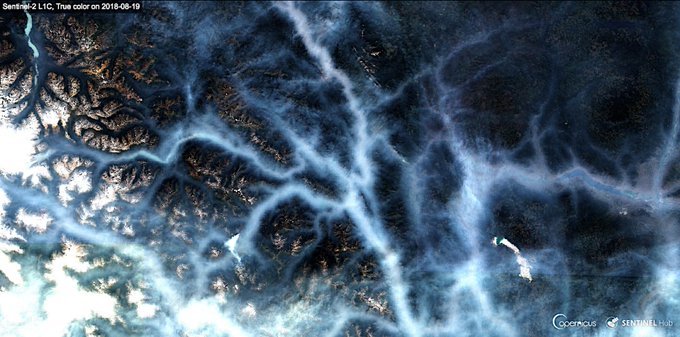




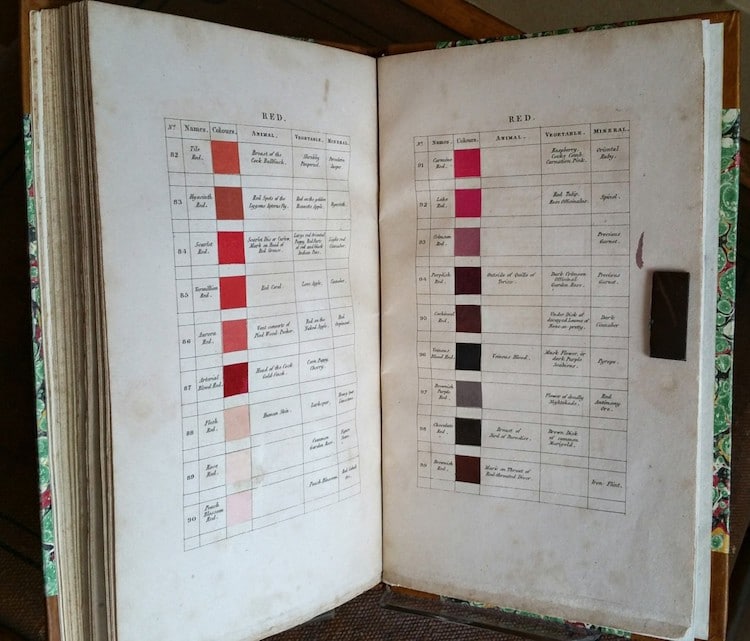
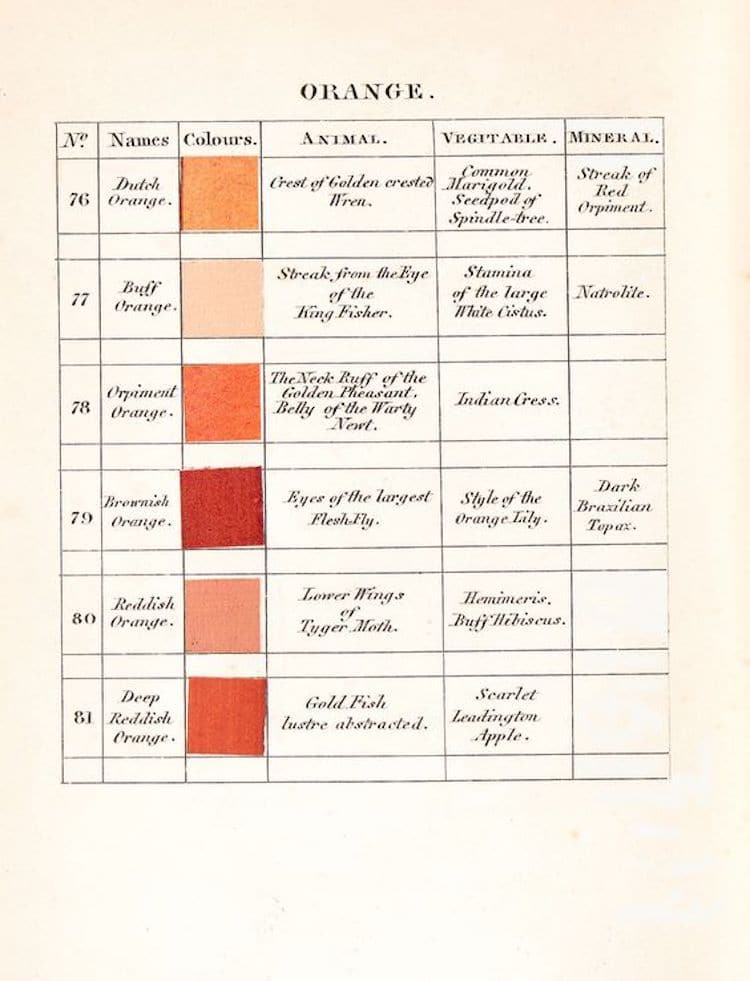
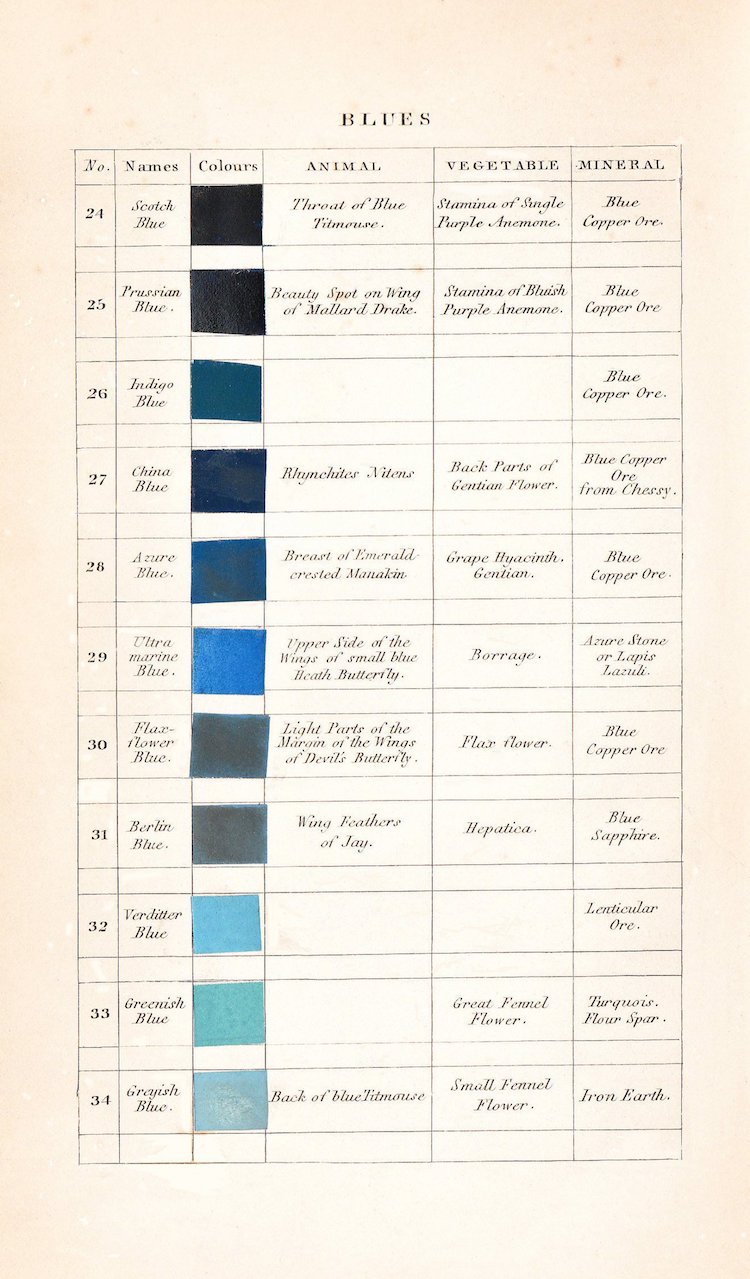





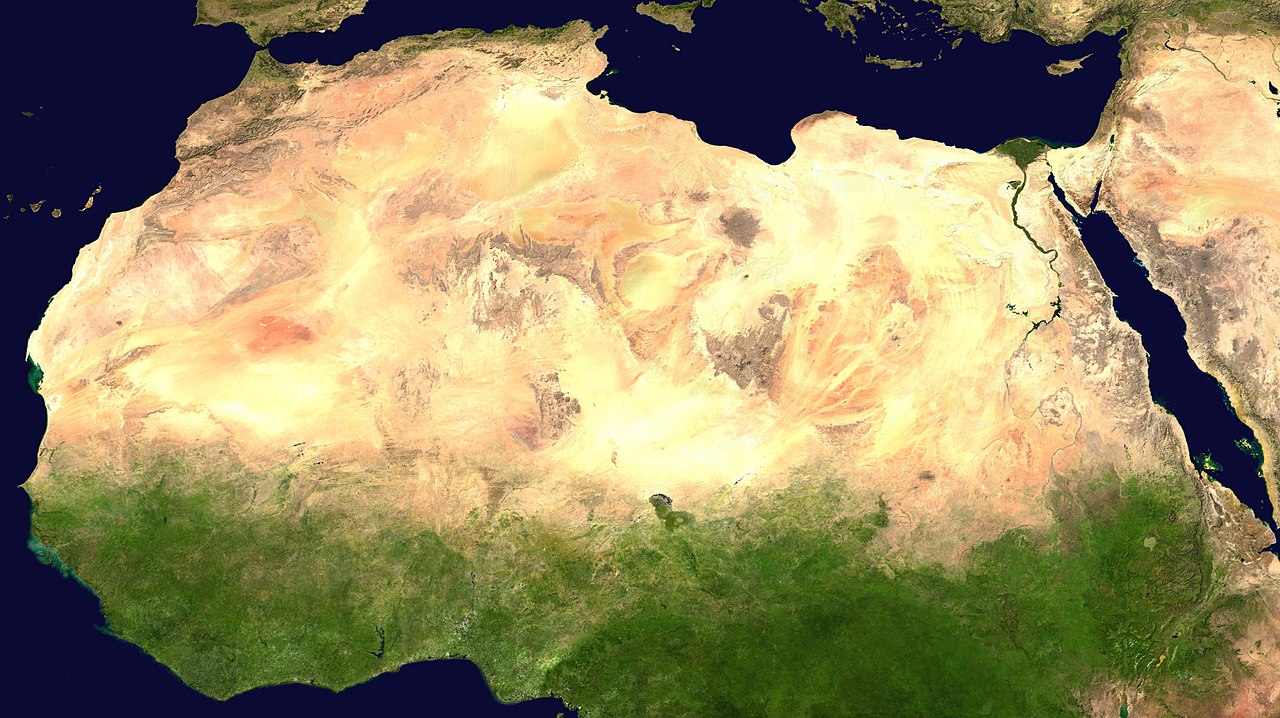
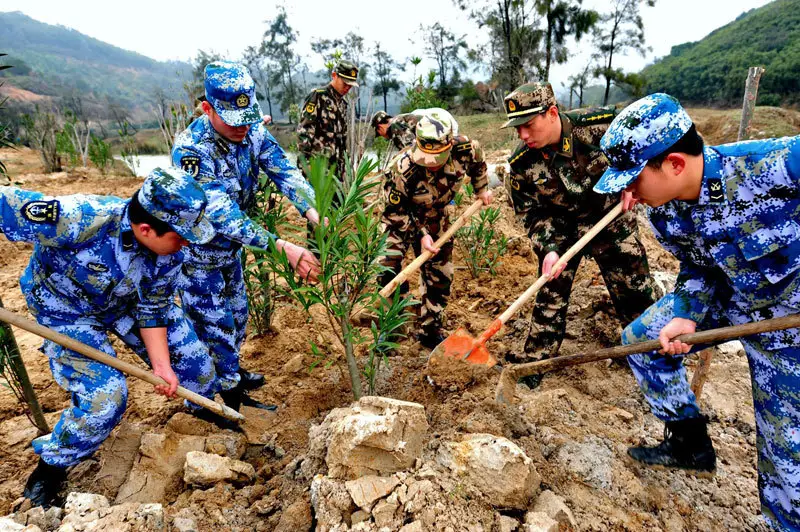






/https://www.thestar.com/content/dam/thestar/business/2018/08/16/tim-hortons-tests-environmentally-friendly-solution-to-leaky-coffee-cup-lids/tims_lid.jpg)
/https://www.thestar.com/content/dam/thestar/news/gta/2018/08/09/flash-flooding-has-created-sickening-mess-in-toronto-harbour-water-monitoring-group-says/sewage.jpg)
